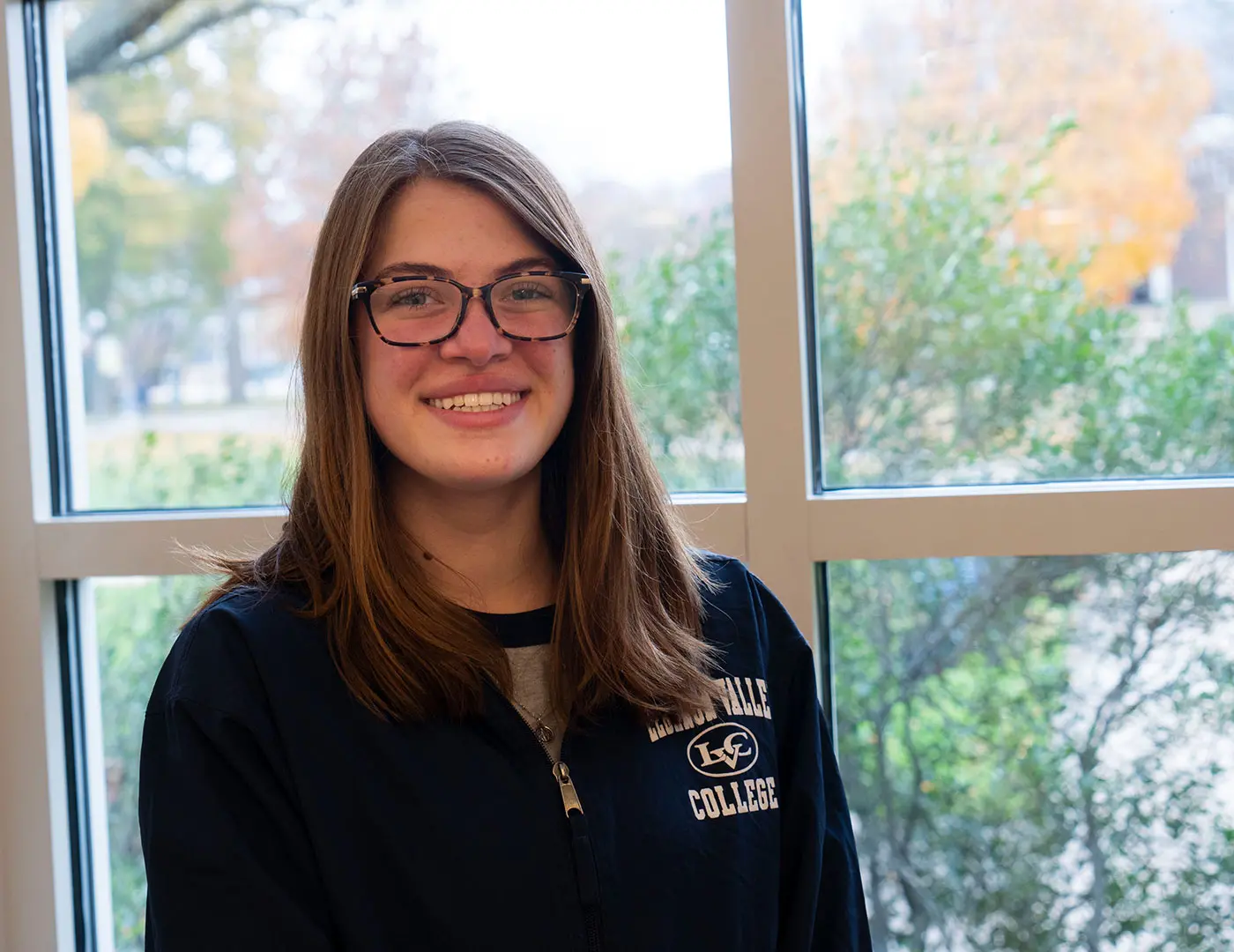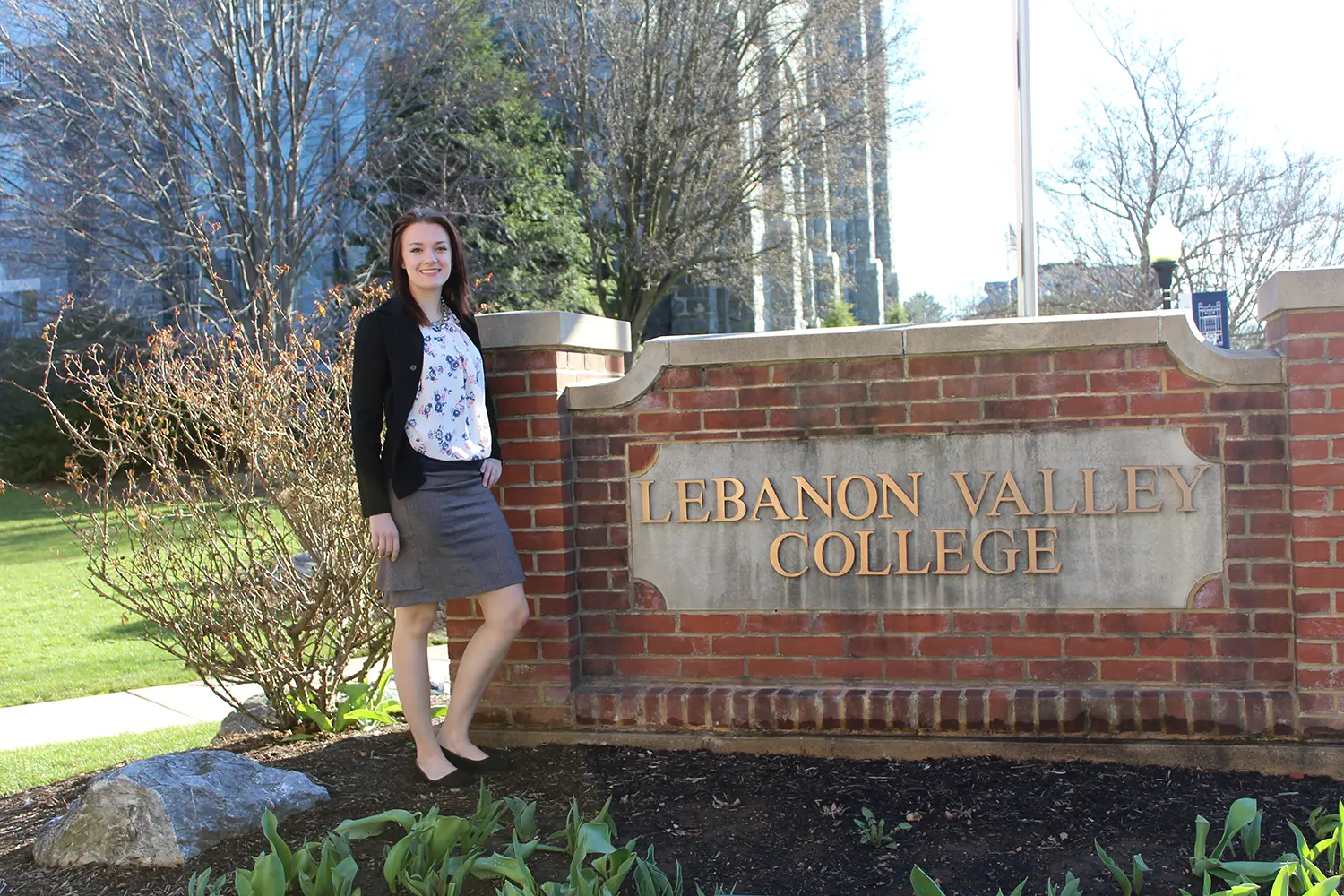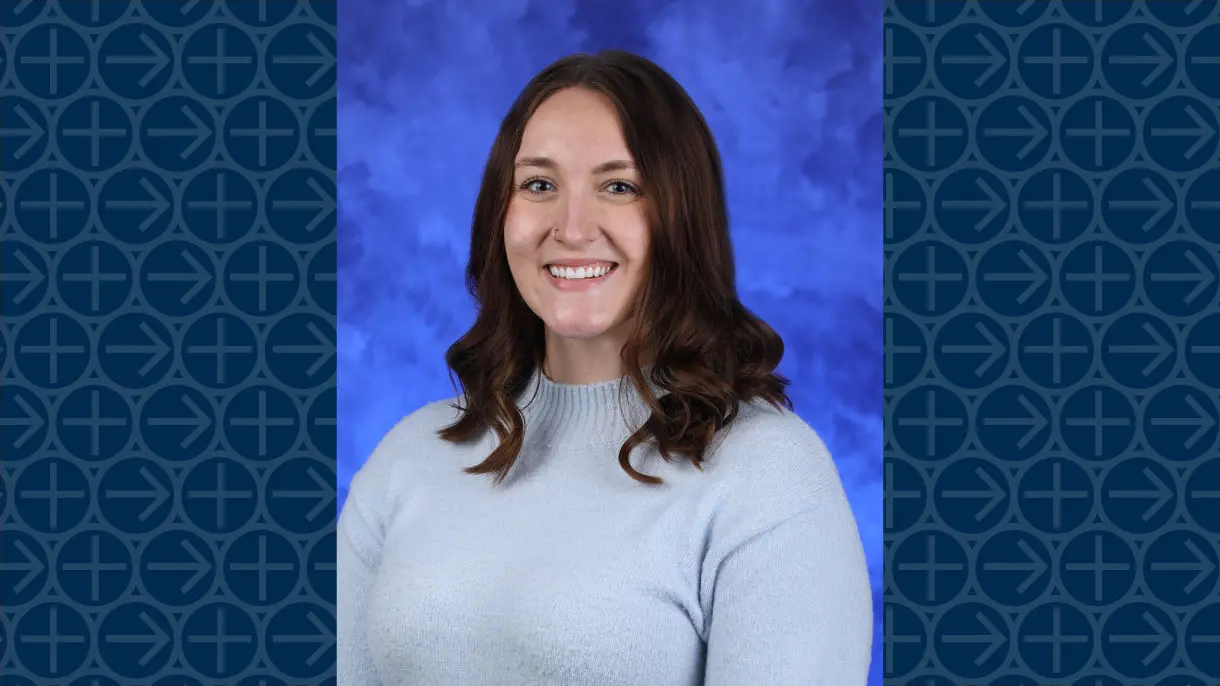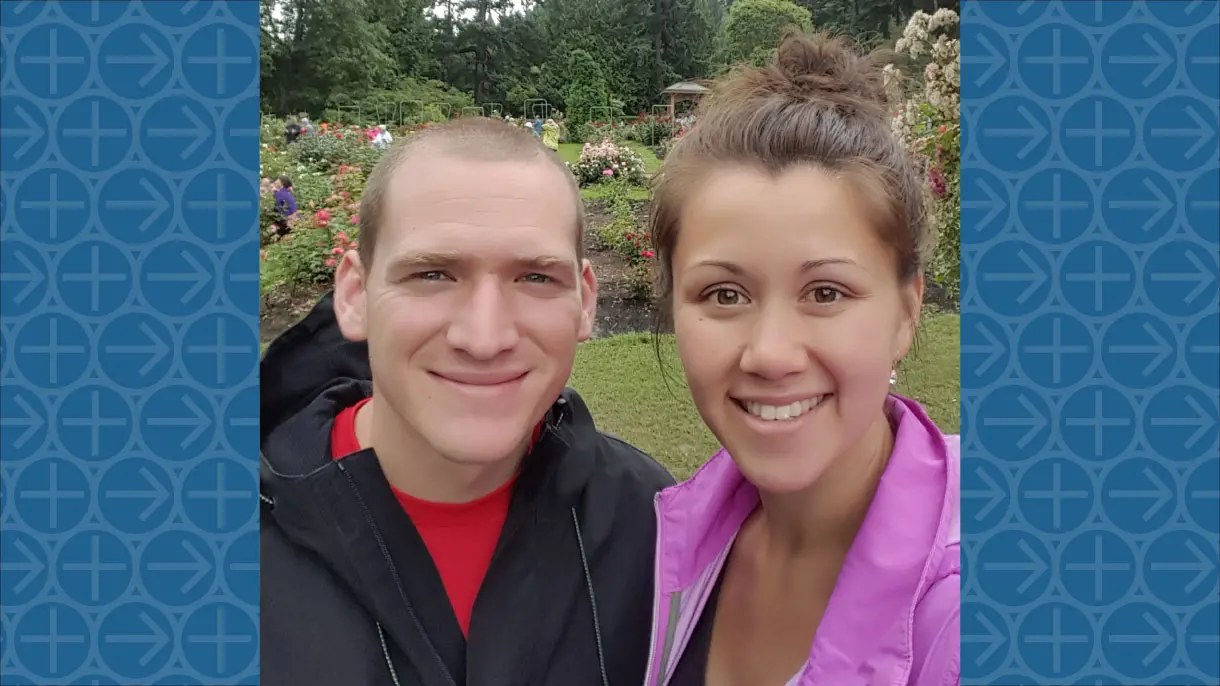
LVC News
- Accounting
- Accounting/MBA 3+1
- Actuarial Science
- Allwein Scholars
- Alumni Profiles
- Applied Kinesiology
- Athletic Training
- Athletics
- Audio Music Production
- Awards
- Biochemistry & Molecular Biology
- Biology
- Breen Center
- Business Administration
- Campus
- Chemistry
- Clinical Exercise Physiology
- Clinical Mental Health Counseling
- Community Service
- Computer Science
- Creative Arts
- Creative Writing
- Criminal Justice
- Data Science
- Digital Media
- Economics
- Education
- Engineering
- English
- Environmental Science
- Esports
- Exercise Science
- Faculty Profiles
- Gallery
- German
- Giving
- Graduate Studies
- History
- Honors
- Intelligence and Security Studies
- Interaction Design
- International Business and Policy
- LVEP
- Marketing
- Mathematics
- MBA
- Medical Humanities
- Medical Laboratory Science
- Music
- Music Business
- Music Education
- Neuroscience
- Nursing
- Physical Therapy
- Physics
- Political Science
- Pre-Law
- Pre-Medical Professions
- Psychology
- Self-Designed
- Social Justice and Civic Engagement
- Sociology
- Spanish
- Speech-Language Pathology
- Sport Performance
- STEM Education
- Student Profiles
- Study Abroad
- Sustainability
- Transfer
- Undecided/Exploratory
Jasmine Olvany ’17 is Budapest-Bound, World-Ready Fulbright Finalist

Jasmine Olvany ’17, a biochemistry & molecular biology major with a minor in studio art, came to Lebanon Valley College from Elysburg, Pa. Now, this small-town woman is ready to embark on an opportunity of a lifetime.
“Growing up in a small town, I never imagined where my education from LVC could take me,” Olvany noted.
And take her it has.
Olvany got the travel bug from Dr. Bob Valgenti, associate professor of philosophy, the summer after her sophomore year. Having never traveled, she was very nervous heading to Perugia, Italy, for a philosophy class. But during that month-long trip, Olvany knew she would be back. She credits that trip with helping her find her own way and becoming a more self-sufficient person.
The next summer, she followed Dr. Timothy Peelen, associate professor of chemistry, to Budapest, Hungary, where they worked with molecules to uptake two photons of light; research that can be applied to cancer delivery systems. The long-term implications include merging chemotherapy and radiation to be less toxic to the human body.
These experiences, along with Olvany’s work as president of the Chemistry Club, historian of Beta Beta Beta (biology honors club), a resident assistant, and research assistant and employee in the Suzanne H. Arnold Art Gallery, have prepared her to be a world-ready, research Fulbright Finalist.
Olvany, along with Megan Lough ’17, will join Hannah Pell ’16 as three LVC Fulbright Finalists in the past year. Olvany will head back to Budapest, Hungary, this time researching her own project. “I will work to create di-molecules that will be able to track the diffusion of individual molecules across a membrane. The long-term implications will help us determine how certain drugs interact with cells so we can figure out ways to passage them through easier and allow us to image the cell membrane in a way we haven’t ever seen.”
Olvany’s advice to current and future Dutchmen is to “take advantage of the relationships and opportunities that exist at LVC. Without the influences of Dr. Valgenti, Dr. Peelen, and many more, I wouldn’t have had the confidence to travel the world.”
Olvany believes she is ready to bridge the cultural divide to speak the universal language of science with her fellow scholars. Her plans for after her Fulbright year include attending Case Western University, where she will work toward her Ph.D. After that, you can be sure to find her working with government agencies to continue international collaboration in the sciences.
LVC students and alumni interested in applying for a Fulbright should contact Dr. Philip Benesch at benesch@lvc.edu.
The Fulbright Program is the flagship international educational exchange program sponsored by the U.S. government and is designed to increase mutual understanding between the people of the United States and the people of other countries. The primary source of funding for the Fulbright Program is an annual appropriation made by the U.S. Congress to the U.S. Department of State, Bureau of Educational and Cultural Affairs. Participating governments, host institutions, corporations, and foundations in foreign countries and in the United States also provide direct and indirect support. Recipients of Fulbright grants are selected on the basis of academic or professional achievement, as well as demonstrated leadership potential in their fields. The Program operates in more than 160 countries worldwide.




